 A mother writes: I have three sons. The oldest is an addict, and the younger brothers don’t want anything to do with him. Sometimes it’s more than I can bear. Our family is on the verge of imploding as a result of the addiction. When addiction is present, everybody is out of control, everybody lives a joyless life and everyone is lost. I know my son must help himself, but while I wait and watch, I must say – I am in despair.
A mother writes: I have three sons. The oldest is an addict, and the younger brothers don’t want anything to do with him. Sometimes it’s more than I can bear. Our family is on the verge of imploding as a result of the addiction. When addiction is present, everybody is out of control, everybody lives a joyless life and everyone is lost. I know my son must help himself, but while I wait and watch, I must say – I am in despair.
My reflection: Despair, out of control, lost: all words that describe a family dealing with addiction. Brother against brother, father against mother and everyone against the addiction as we are tossed into a ring of fire. What to do? Al-Anon and other family groups help us to know that we are not alone.
Today’s Promise to consider: I admit that I am powerless over this disease, but I also know that every member of my family is affected – and I must to be sensitive to their needs and fears. I will do my best to provide a strong role model for my family, I will learn about addiction, I will keep strong boundaries and communicate with honesty. Together we will find our way. I will stay close.


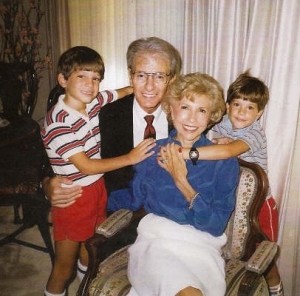

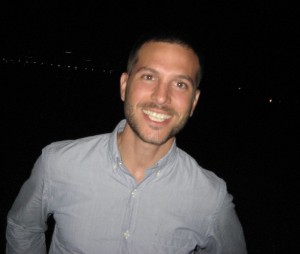
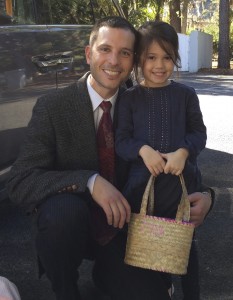
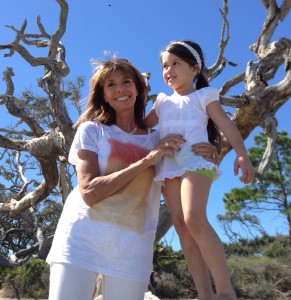
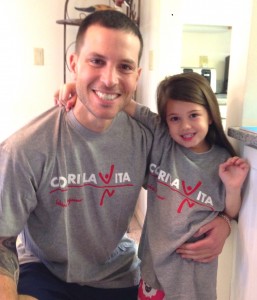

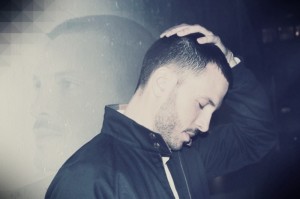
7 Comments.
View Comments | Leave a Comment